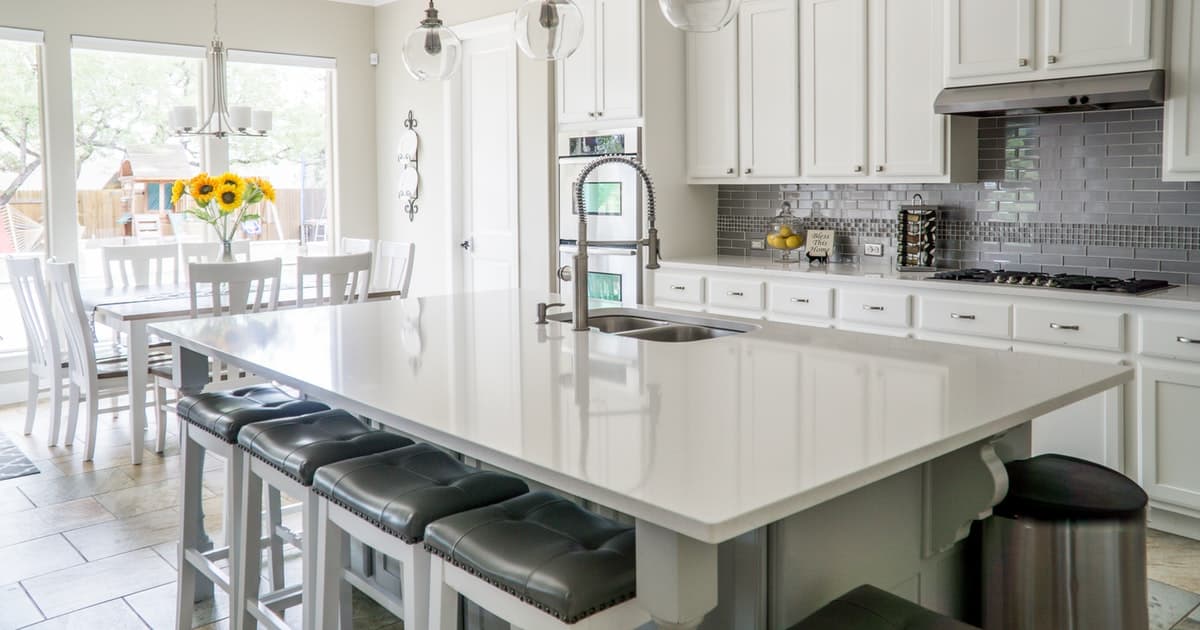Insurance agencies will provide you with the home insurance you need to cover costs associated with damages and accidents that occur on your property. If you are looking into a new policy for your home here is a helpful checklist to help you get the proper coverage:
Understand your Coverage
When looking at what your policy covers discuss the following options with insurance agencies:
- Replacement Cost Plan: You will have a choice of replacement cost plans or cash value. Always choose the replacement cost plan as it will replace items as opposed to provide you with a lump sum of cash that might not be enough to cover your losses.
- Personal Belongings: Make sure that your belongings are covered and not just the home itself. This is necessary as whether you have a break in or a fire, the damages to your clothes, furniture and anything else in the home will be covered. If you have specialty items in your home such as art collections and jewellery mention this to the insurance agencies providing you quotes as you might need additional coverage.
- Common Exclusions: All home policies have certain risks that are excluded, some can be included for an additional cost (i.e. earthquake coverage) and some cannot (i.e. insect infestation, vermin, mold, and acts of war). Speak to your insurance broker to fully understand what is and what is not covered by your home insurance.
- Accidents: Your home insurance should also cover visitor accidents that might occur in the home. If someone falls on your property because you have not shoveled your driveway or have a stair case without a hand rail they can sue you for their medical bills and even lost wages.
Insurance Agencies Questions
Make sure you have a basic understanding of the following details of your home in order to provide the correct information:
- Wiring such as knob-and-tube or aluminum
- Older plumbing such as galvanized or lead pipes
- Type of electrical service such as breakers instead of fuses
- Heat source such as oil-heated, gas, etc.
- Wood stoves or fireplaces
- The age of your roof
- Rental units on your property
- Home business, workshops, etc. in the home
- Alarm system and services
Once you have your home insurance keep insurance agencies updated on changes. Renovations, additional structures, storage of a boat or the addition of a rental unit will change coverage. This will help you avoid challenges if you need to file a claim.
